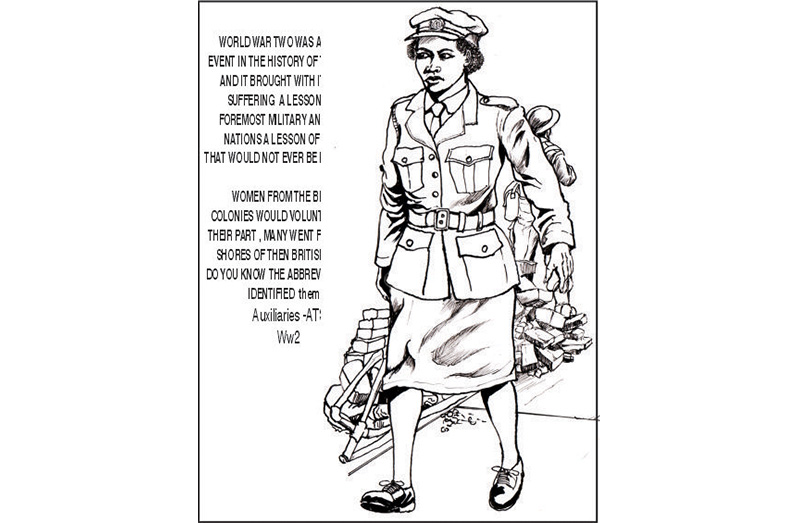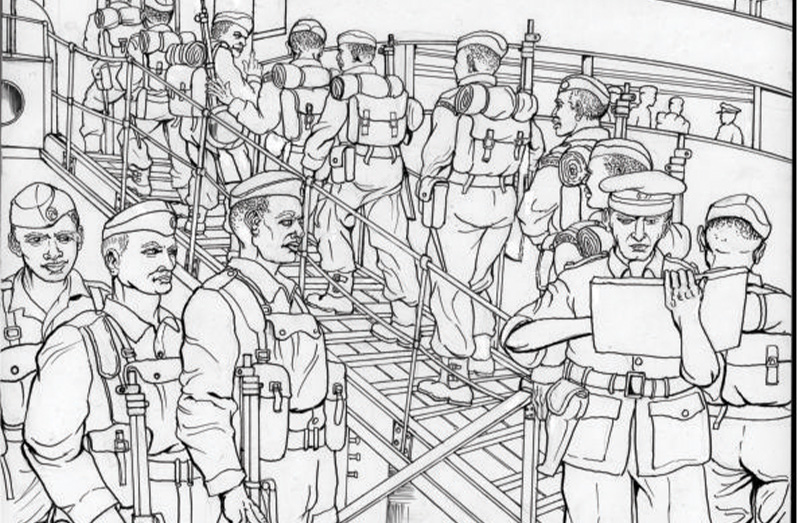JUNE 6, 1944, the invasion of Nazi-held Europe was thus challenged. That colonial and Afro-American troops fought there in the Air Force and in the infantry is recorded in numerous books authored by Caribbean as well as North American servicemen, that can be traced. The importance of what some folk addressed as a ‘White People’s war’ revolved around values that were affecting our perceptions of self then and even beyond that struggle.

The Caribbean is listed as one of the most contested areas during the colonial period. What occurred in the Second World War is far more pertinent to our understanding than we are prepared to explore. WW2 enveloped Russia in a significant way. D-Day was suspected of being launched despite unfavourable weather patterns over the English Channel to the beachheads of occupied France because of the pace that the Russian assault was making towards freeing Nazi-occupied Eastern European countries after the defeat of the Nazi onslaught of Stalingrad. Most of all, the Russian assault following the defeat of the Nazi fortress city of Königsberg would even witness the Russian army in Paris, as liberators.

To most of us, our references of that period revolve around later Hollywood movies such as D-Day and the Battle of the Bulge.
The aftermath of World War 2 ushered in the era of colonial defiance, the age of the British Commonwealth and the rise of Russia and China as ideological nations, tabling a new ideal of national identity for countries shedding the past orders of colonial governance, with new battlegrounds. Nations, however, weighed the new ideals and the concept of non-alignment became a choice, based on the cultural ideals of nationhood and harsh economic geo-political impositions directed at the new, independent nations—including ours.
World War 2 is a world event that reshaped the human world in many ways that we can’t escape reflecting on, if we are to be wiser with the “NOW.”



.jpg)








